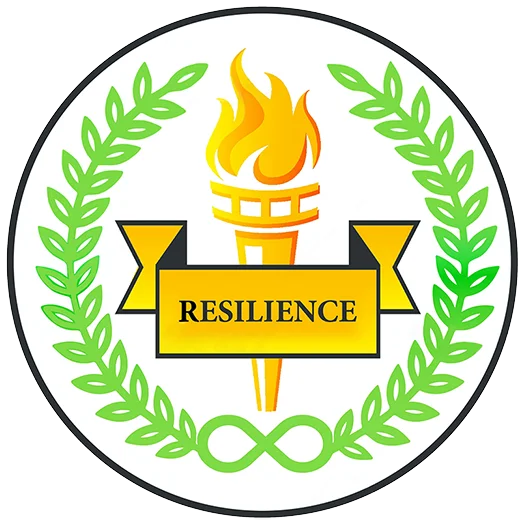Relationship Skills
What are they?
As defined by the Collaborative for Academic, Social and Emotional Learning or CASEL, relationship, or interpersonal skills are “the ability to establish and maintain healthy and rewarding relationships with diverse individuals and groups.” Relationship skills are imperative for people to have in both a personal and professional setting. It is impossible to go about daily life without interacting with people. Despite how necessary these skills are, they’re rarely taught in professional or educational institutions.
How are Relationship Skills taught?
Traditionally, parents are the ones expected to teach their kids how to act and play with others, this usually boils down to phrases like “play nice” and “use your words.” This is better than nothing but very watered down, which is fine as a child but as these children grow up they usually need to learn how to behave through trial and error. For some, this is not a problem. But if someone does have problems interacting with others, they are rarely told how they can remedy this. Organizations such as CASEL and Leading Edge seek to remedy this by giving guidelines on how to interact with people. Mainly in a professional setting, but schools like PolkElementary and sites like pbisworld.com have ways on how children can learn and use relationship skills too.
Three Key Skills
What are they?
Communication:
One of the most basic forms of human interaction is through verbal and non-verbal communication. Communication is very important to have when it comes to sharpening your relationship skills. Verbal communication seems simple enough (recall the classic “use your words” strategy), but there is more that contributes to how ones’ words are perceived. First off, vocabulary. Be aware of your audience when choosing your words since certain situations can call for different phrasing. For example, you answer differently when your boss asks how your day is going than when your best friend does. It is best to be aware of how you would want to be addressed in a personal versus professional setting, but to also be aware of how your audience may feel as well. For example, if you are discussing a topic that you know much about with someone with similar knowledge, you may want to use jargon more freely as to not seem like you’re belittling them. Likewise, if you are discussing this same topic with someone who has expressed that they are new to this topic, sticking to simpler or more general terms may be better to avoid seeming like you are lording your knowledge over them.


Social Engagement:
Relationship building:
Sometimes people prioritize certain relationships or relationships with certain people over others. This is a personal decision, but it can cause other relationships to fall by the wayside. If you’re interacting with someone, be it a family member, friend or coworker, it’s important to cultivate these relationships to avoid miscommunication or conflict. Ways to build relationships are relatively consistent among different relationships with small differences. One popular technique is quality time; asking people small things about their personality such as likes and dislikes which allows you to learn about the person you’re building a relationship with. You can also ask them about how they feel about certain things that happen within your relationship. Some people are not completely open with personal information, so this may not be the best option for all people. Instead, you could spend time with them, go to events that involve common interests and the like.
